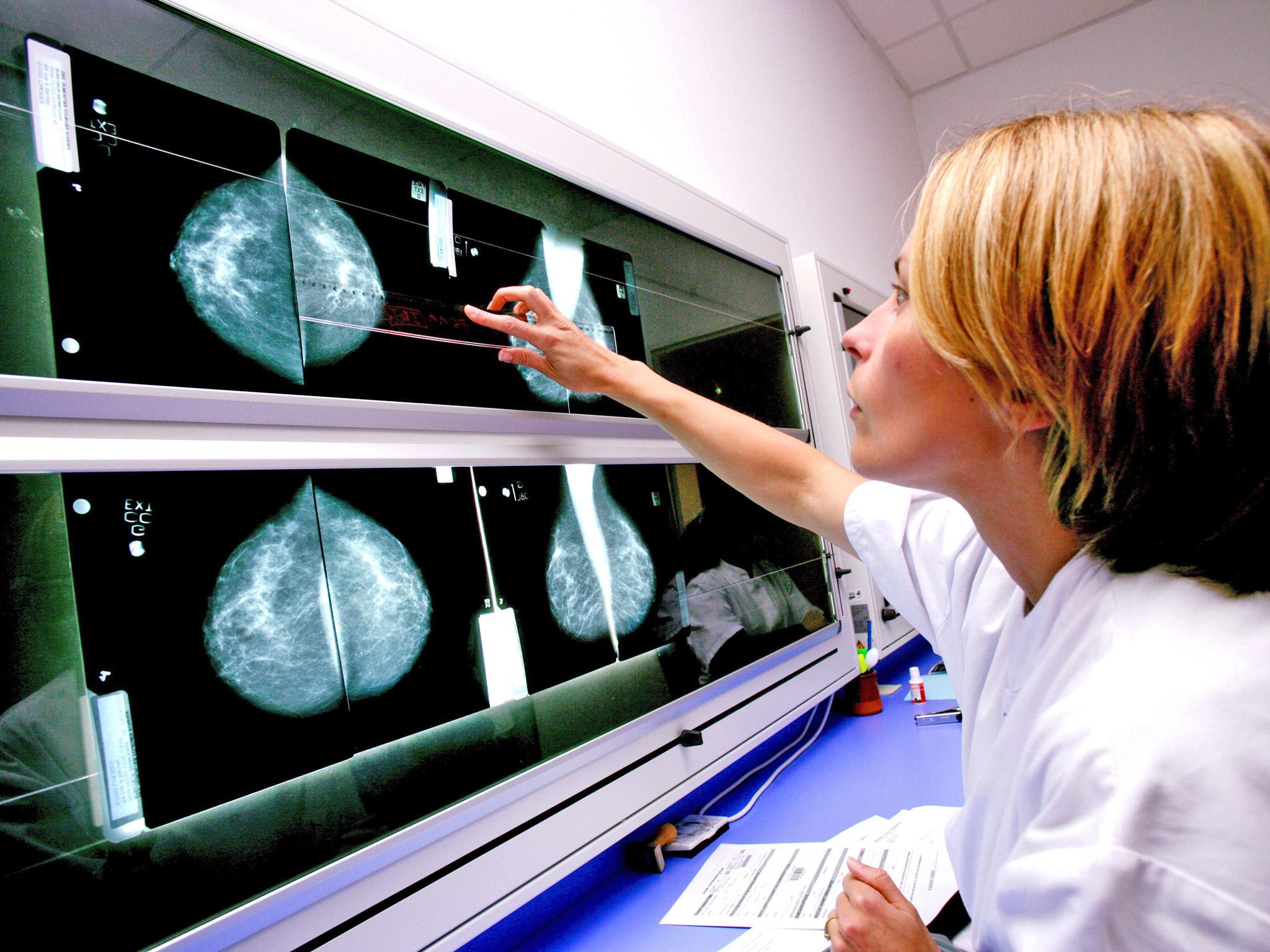Scientists 'put positive spin' on breast cancer studies

Scientists involved in breast cancer research tend to exaggerate the positives and underplay the negatives of their findings, a new study suggests.
As a result, patients may be given treatments that are less effective than claimed and with worse side-effects than reported.
In two-thirds of the reports studied, the scientists played down the nastiest side-effects of their trials, especially where the treatments also showed significant benefits.
The team, from Princess Margaret Hospital in Toronto, Canada, say they found no influence from sponsors of breast cancer trials, whether in the drug industry or in academic institutions.
But they note that "the pharmaceutical industry is increasingly influential in clinical trial sponsorship". Over the past 30 years, the number of phase 3 trials (final testing) sponsored by the industry has risen from 24 per cent to 72 per cent, they say.
One explanation for the findings is that scientists want to be noticed, they say. Positive results get more attention than negative findings and are more likely to be cited in the scientific literature, which is important for boosting scientific careers.
Professor Ian Tannock, who led the study, said: "Better and more accurate reporting is urgently needed. Journal editors and reviewers, who give their expertise on the topic, are very important in ensuring this happens."
Richard Francis, research manager at the UK charity Breakthrough Breast Cancer, said: "We strongly believe that making clinical trial data freely available would decrease the potential for 'spin' by allowing more researchers to investigate the results.
"This will ensure trials are accurately assessed by regulatory bodies, allow comparisons with other studies and prevent duplication of trials."
Join our commenting forum
Join thought-provoking conversations, follow other Independent readers and see their replies
Comments
Bookmark popover
Removed from bookmarks